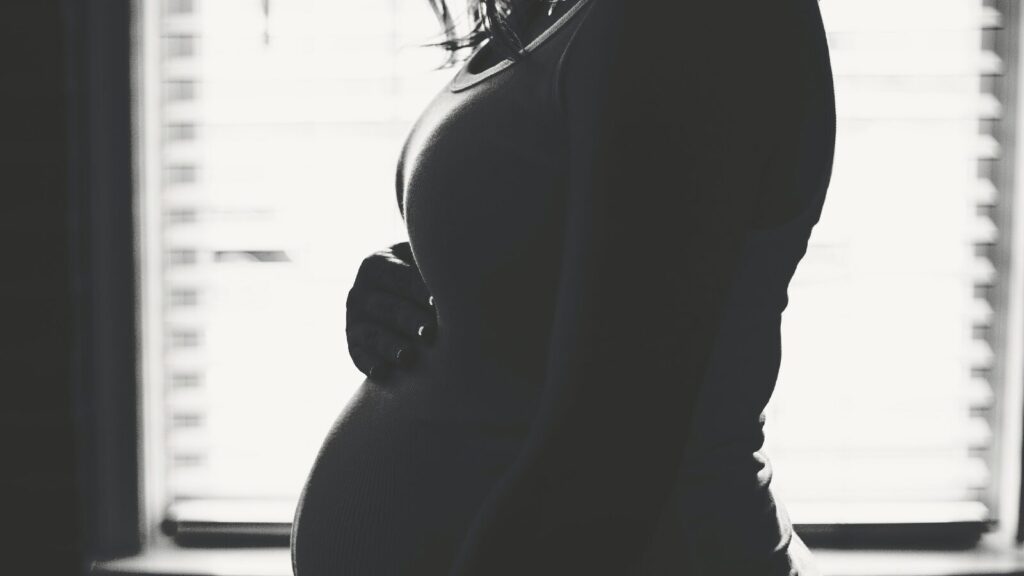A woman can terminate her pregnancy on the grounds of danger to her life written by Himanshu Garg student of Maharashtra National Law University Aurangabad
TAPASYA UMESH PISAL v. UOI AND OTHERS (2018)12 SCC 57
RELEVANT FACTS
A woman Tapaya Umesh Pisal (Petitioner) filed a petition before the Hon’ble Supreme Court under Article 32 of the Constitution of India for medical termination of her pregnancy. She wanted to termination of pregnancy because there was a danger to her life. She also discovered that her fetus was suffering from tricuspid and pulmonary atresia and a cardiac anomaly.
ISSUES
- Whether she allowed to terminate her pregnancy or not?
- Whether it is valid under the Medical Termination of Pregnancy Act, 1971?
- Whether there is any violation of Fundamental Rights?
RULE OF LAW
- Article 32 of the Constitution of India.
- Section 3(2)(b) of the Medical Termination of Pregnancy Act, 1971
JUDGEMENT WITH REASONING
Learned counsel on the behalf of the petitioner submitted that the termination of pregnancy of 24 weeks should be allowed since there is a danger to the life of the mother and the fetus is suffering from various diseases.
After hearing that, the court gave a direction for medical examination of the petitioner by a Medical Board consisting of 5 members. After the examination of the petitioner, the medical board filed a report to the Court which stated that the petitioner was in her 24th week of pregnancy and there are many problems which are associated with the continuation of pregnancy, that is-
- The fetus is having a hypoplastic right heart with tricuspid and small size pulmonary atresia.
- And surgeries are necessary on the fetus to carry high morbidity and mortility.
- Despite these surgeries, such children do not achieve normal oxygen levels and would remail physically incapacitated and have higher chances of severe handicap or sudden death after birth.
- And the fetus should be kept in an isolated complex congenital heart disease because of increased morbility and mortility.
- The Radiologist has reported that a complete absence of right ventricle and pulmonary and tricuspid valve atresia.
- In this report, the Committee of Medical Board has concluded that if the baby delivered alive, the child would have to undergo various surgeries that are associated with high morbility and mortility.
- According to Section 3(2)(b) of MTP Act, 1971-
- “Where the length of the pregnancy exceeds twelve weeks but does not exceed twenty weeks, termination of pregnancy is allowed when there is a risk to the life of the mother or grave injury to her physical and mental health with the continuation of pregnancy and if there is a substantial risk to the life of the child, it would suffer from such physical and mental abnormalities as to be seriously handicapped.”
- But in this case, she was in her 24th week of pregnancy. So, finally, the Court held that if the child is born then there is a limited life span with serious handicaps and the baby will certainly not grow into an adult, so there is necessary to terminate the pregnancy. Court also stated that the termination of pregnancy will be appropriate in the interest of justice.
CONCLUSION
By this case, we can understand that sometimes we go beyond the Statutes/Law, which is necessary to the life of any person. It is clearly stated by the Court that some statutes have many complexities to decide the case than the Court decided these cases on the behalf of the interest of justice. In the MTP Act, there is discrimination on various grounds like that married- unmarried, rape victim and unwanted pregnancy and a specific time period for termination of pregnancy. In these cases, the Court is to adjudge in the interest of justice.




Leave a Reply